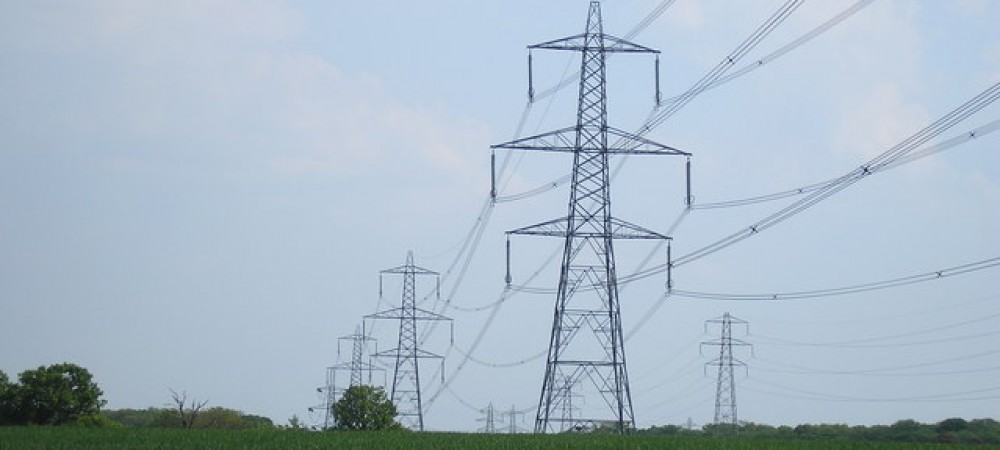With Republicans taking control of the Senate, it might appear that chances of passage of the Shield Act are improved. Actually, though, some of the most intractable foes of EMP legislation have been Republicans Fred Upton and Lisa Murkowski. This is not a party issue, but a matter of entrenched interests in the power industry.
One promising likely development is official recognition of the EMP hazard by the Department of Homeland Security:
In order to mitigate the EMP threat, Rep. Franks (R-Ariz.), chair of the Congressional EMP Caucus, is pushing legislation that would secure critical infrastructure against an EMP attack. The Critical Infrastructure Protection Act (CIPA) would enable the Department of Homeland Security to implement practical steps to protect the electrical grid.
CIPA “enhances the Department of Homeland Security’s threat assessments for geomagnetic disturbances and electromagnetic pulse blackouts which will enable practical steps to protect the electric grid that serves our Nation,” Franks explained.
With 99 percent of critical infrastructure controlled by civilians, Franks believes the federal government must compel the private sector to harden systems against EMP attack. Through CIPA, he hopes to raise awareness of the threat of EMP, which will be crucial in mitigating future attacks on critical infrastructure.
“All of the civilian critical infrastructures that sustain the economy of the United States, and the lives of 310 million Americans, depend, directly or indirectly, upon electricity and electronic systems,” Pry said.
Passage of the Critical Infrastructure Protection Act is the single most important thing Congress could do to protect the nation from the EMP threat, Pry said. Raising awareness of the EMP threat and how to prepare for it would help emergency planners and local responders in launching initiatives to protect the electric grid and implement the recommendations of the EMP Commission.
“Passage of the Critical Infrastructure Protection Act would immediately mobilize thousands of emergency planners and first responders at all levels of government, and educate millions of others about the EMP threat and how to prepare for it,” Pry said.
Although the CIPA does not provide funding to harden the grid, it is likely to be quickly passed by Congress and signed by the President. This would be a step forward.
Even if the core transformers of the national electrical grid were hardened, it is not clear to me that this would by itself prevent catastrophe. There are thousands of smaller transformers that could still be damaged. In a nuclear EMP, computerized control circuitry critical to food and fuel production could be burned out. Computers necessary to the running of banks could be ruined, with no way to access account information. Preventing such widespread, simultaneous damage is a daunting challenge.
